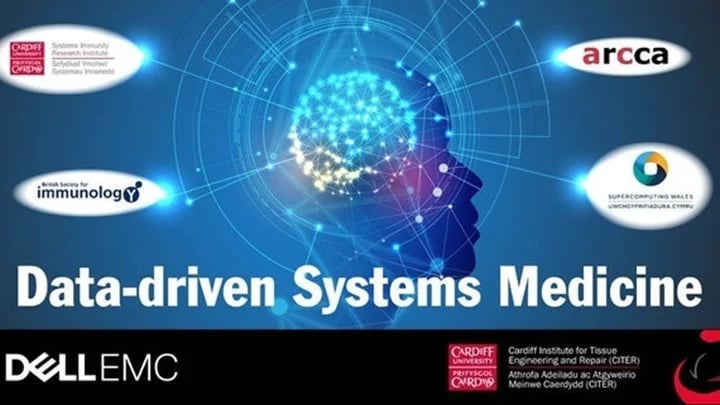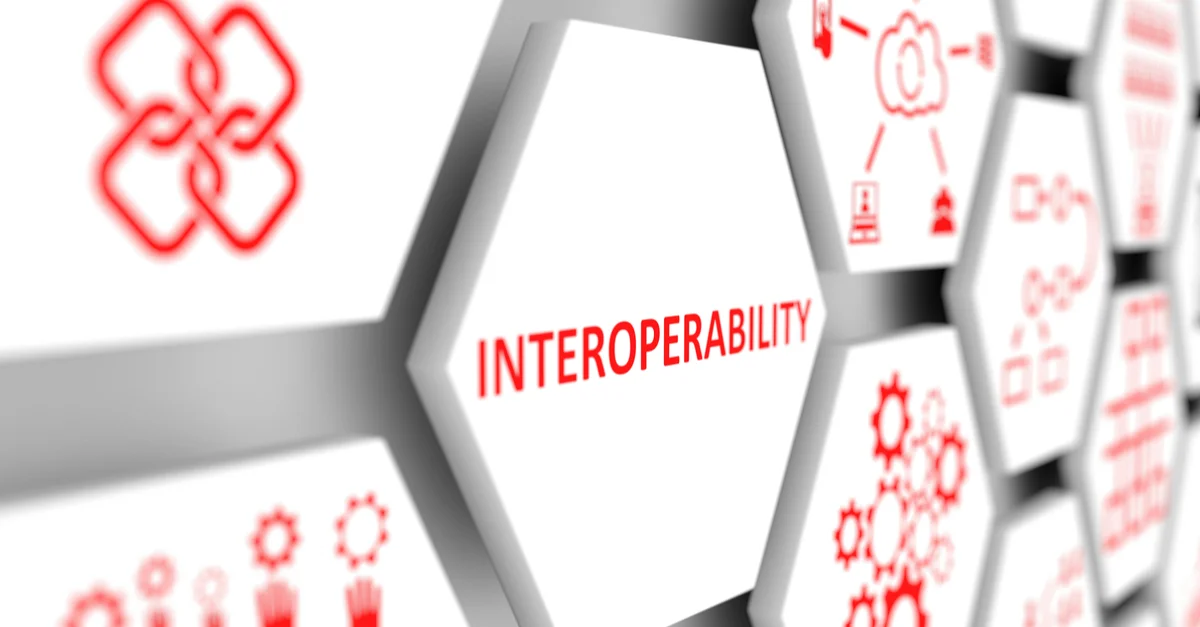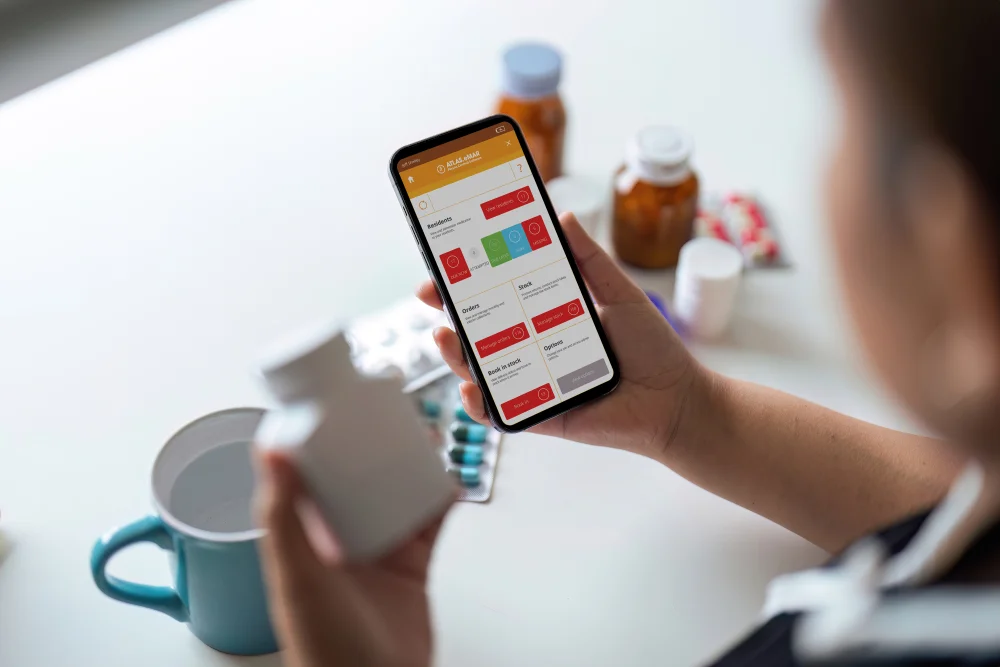Last week I attended the Data Driven Systems Medicine event at Cardiff University, arranged by one of the KTP academic advisers, Dr. Barbara Szomolay, from the School of Medicine. This was an incredibly interesting event and it was great hearing about all the different projects people are working on in using digital, data and technology to improve health. It was also useful getting exposure to the types of techniques that people are using to solve problems. In this blog I will share some of the things I learnt about.

Firstly, I am particularly excited in the work that is being undertaken to improve antibiotic use and detection of sepsis by Dr. Ceire Costelloe and Dr. Manasi Nandi. This is an area that I am interested in and I have written an article in Care Home Management on Urinary Tract Infections. Sepsis is a life-threatening condition caused by a dangerously overwhelming response of the body to an infection. If detected early, it can be managed with antibiotics and supportive measures. However, many of the signs of sepsis are non-specific and diagnosis is sometimes not made until late into the course of the illness. This makes sepsis very serious. There are an estimated 5 deaths from sepsis every hour in the UK, more than bowel, breast and prostate cancer combined.
Dr. Ceire Costelloe described her work with the Department of Primary Care and Public Health at Imperial College London and the Global Digital Health Unit in using data to help drive improvements in antibiotic use, particularly around urinary tract infections, to help improve use of antibiotics in line with guidance. This includes the development of a sepsis screening tool with pop-up alerts for individuals at risk of sepsis. Meanwhile, Dr. Manasi Nandi described an algorithm she has been working on at Kings College London looking at the use of blood pressure waveforms for earlier detection of deterioration as a result of sepsis.
These pieces of research are incredibly important, as it is essential that antibiotics are used responsibly where possible. This means not using them for conditions for which there is no benefit, but also getting the right antibiotics quickly in conditions for which there is a benefit. It also means ensuring that the appropriate antibiotic is used, for example wrong type, dose, route or duration, as inappropriate antibiotic use can increase the risk of antibiotic resistance and sepsis. Better systems for the early detection of sepsis using digital and technology have the potential to help improve outcomes from sepsis by helping to identify individuals who will benefit from timely antibiotic use.
It was also extremely interesting hearing about the work of Supercomputing Wales. This is a £15 million programme of investment into high computing power facilities for use by research teams in project, particularly around artificial intelligence. As well as purely academic research, Supercomputing Wales encourage the use of their supercomputer hubs at Cardiff and Swansea Universities by partnerships between industry and academia on collaborative research and innovation, to help facilitate benefits of this reaching the wider society. There are some amazing uses of this technology, including the building of the world’s first 1,000 mph car!

So what makes a computer a supercomputer? While everyday computers typically contain four processing cores, supercomputers contain thousands. The processor of the computer is kind of like the brain of the machine. It is the part that handles the instructions you give the computer through the things you do. Having so many processing cores allows supercomputers to cope with large volumes of data and complexity of calculations that are required for difficult research problems involving big data.
The final thing that I will talk about is text mining and natural language processing (NLP). Prof. Irena Spasic, form the Department of Computer Science and Informatics at Cardiff University, discussed her work on text mining to help improve the efficiency of identification of individuals suitable for clinical trials. Text mining is the process of using artificial intelligence techniques such as NLP algorithms to draw insights from unstructured written information. This goes beyond a simple search for key words, but also identifies versions of the word spelt differently or in different grammatical forms (e.g. different tenses). It also looks at the context by examining the relationships of key words with other, surrounding words. By doing this, text mining turns unstructured text into structured information that can be used for further analysis and predictions using machine learning. These techniques are particularly exciting because they reduce the onus on the individuals recording the data to input it in a specific way and increases the amount of information that valuable insights can be drawn from.
Want to find out more?
Take a look at my article on Urinary Tract Infections in Care Home Management magazine.
Get in touch if you have any questions or would like to discuss ATLAS eMAR in more detail.


